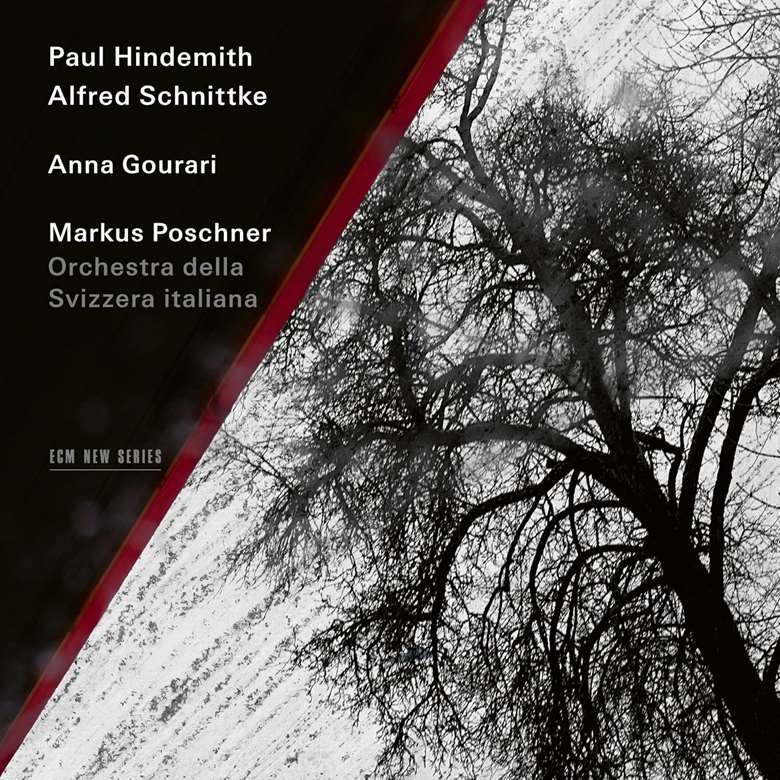Review - Hindemith: Mathis der Maler – Symphony. The Four Temperaments; Schnittke: Concerto for Piano and Strings (Anna Gourari)
Guy Rickards
Monday, October 7, 2024
A sparkling and perceptive performance

Although the main focus of this new album is the pair of Hindemith works, it is arguably the Schnittke Concerto that dominates attention. Written in 1979, it is a viscerally exciting, compellingly expressive work, still employing the polystylism that informed his early pieces but drawing in a wide range of allusions and references out of his personal and artistic hinterland, from the B‑A‑C‑H motif, to jazz bass riffs, to the major third played by the doorbell of his Moscow flat. Schnittke melds just enough of the disparate elements to keep the Concerto (his second for piano) together, but this does leave a challenge for the interpreters, and on the whole Anna Gourari navigates the minefield very well. She is notably slacker in tempo at times than Roland Pöntinen, for example, one of the Concerto’s earliest advocates on record (BIS). But at the work’s great climax (from around 17'00") Gourari and the Orchestra della Svizzera Italiana are as fine as any of their competitors.
The Hindemith works are both beautifully played, although the opening of the Symphony’s ‘Engelkonzert’ feels a little staid. But these do prompt the thought of who this recording is really targeted at. Hindemith and Schnittke make odd bedfellows even though they make use of older musical elements; Hindemith’s are, in my view, subtler and absorbed more convincingly into his musical persona. The Four Temperaments (1940) is a good example of this, and of Hindemith’s innate ability to blend diverse, often contradictory musical genres, with its fusion of ballet score, piano concerto and symphonic variations. Gourari has its measure in a sparkling and perceptive performance – this is the album’s highlight and should have opened proceedings. Placed centrally, the Mathis symphony takes a while to get going; even though the performance is not strong enough to be a first recommendation, I would have placed this at the end and the Schnittke at the centre. ECM’s sound quality is excellent, and the orchestral balance throughout is nicely judged by Poschner.
This article originally appeared in the Autumn 2024 issue of International Piano. Never miss an issue – subscribe today






